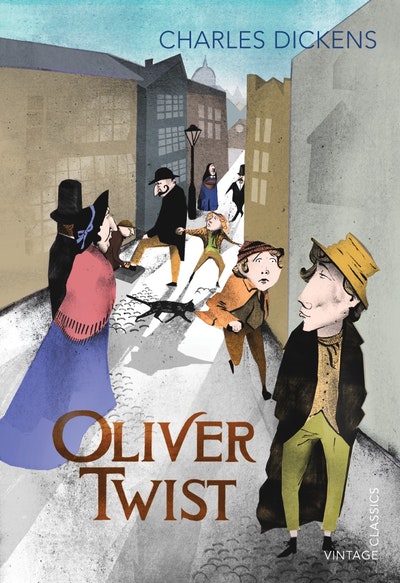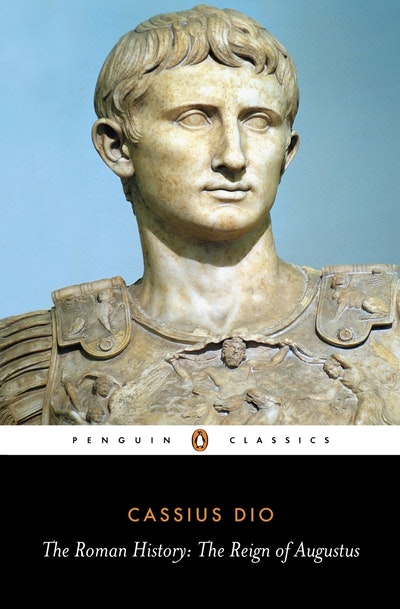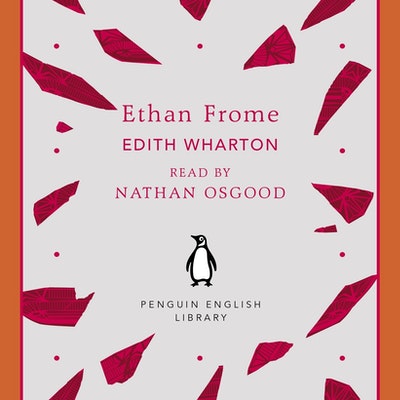- Published: 31 August 2006
- ISBN: 9780140424621
- Imprint: Penguin Classics
- Format: Paperback
- Pages: 128
- RRP: $26.00
Lyrical Ballads
A collection of poems exemplifying Romantic aesthetic ideals, whose unique beauty lies in their revolutionary exploration of the 'overflow of powerful emotions recollected in tranquility', Samuel Taylor Coleridge and William Wordsworth's Lyrical Ballads is edited with a note on the text by Michael Schmidt in Penguin Classics.
Published in 1798, Lyrical Ballads is a dazzling collaboration containing twenty-three poems by close friends, William Wordsworth and Samuel Taylor Coleridge - two major figures of English Romanticism. The volume heralded a new approach to poetry and expresses the poets' reflections on mankind's relationship with the forces of the world. Coleridge's contribution includes the nightmarish vision of 'The Rime of the Ancyent Marinere', one of the works for which he became best known, as well as the fantastical conversational poem 'The Foster-Mother's Tale' and the melancholic 'The Nightingale'. Wordsworth's 'We are Seven' depicts a child's naïve optimism in the face of the cruel mortality, while 'Goody Blake and Harry Gill' and 'Simon Lee' celebrate the simplicity and strength he perceived in country people, and 'Tintern Abbey' explores the healing powers of nature.
This Penguin Classics edition allows readers to recapture the full impact and power of Lyrical Ballads. It also includes a note on the history of the text by Michael Schmidt.
Samuel Taylor Coleridge (1772-1834) has been criticized as a political turn-coat, drug addict and plagiarist whose wrecked career left only a handful of magical early poems. But the shaping influence of his highly imaginative criticism is now generally accepted, and his position, along with that of William Wordsworth (1770-1850), as one of the two great progenitors of the English Romantic spirit is assured. A great innovator, Wordsworth permanently enlarged the range of English poetry both in subject matter and treatment.
If you enjoyed the Lyrical Ballads, you might like Wordsworth's Selected Poems, also available in Penguin Classics.
- Published: 31 August 2006
- ISBN: 9780140424621
- Imprint: Penguin Classics
- Format: Paperback
- Pages: 128
- RRP: $26.00

















































































































































































































































































































































































































































































































































































































































































































































































































